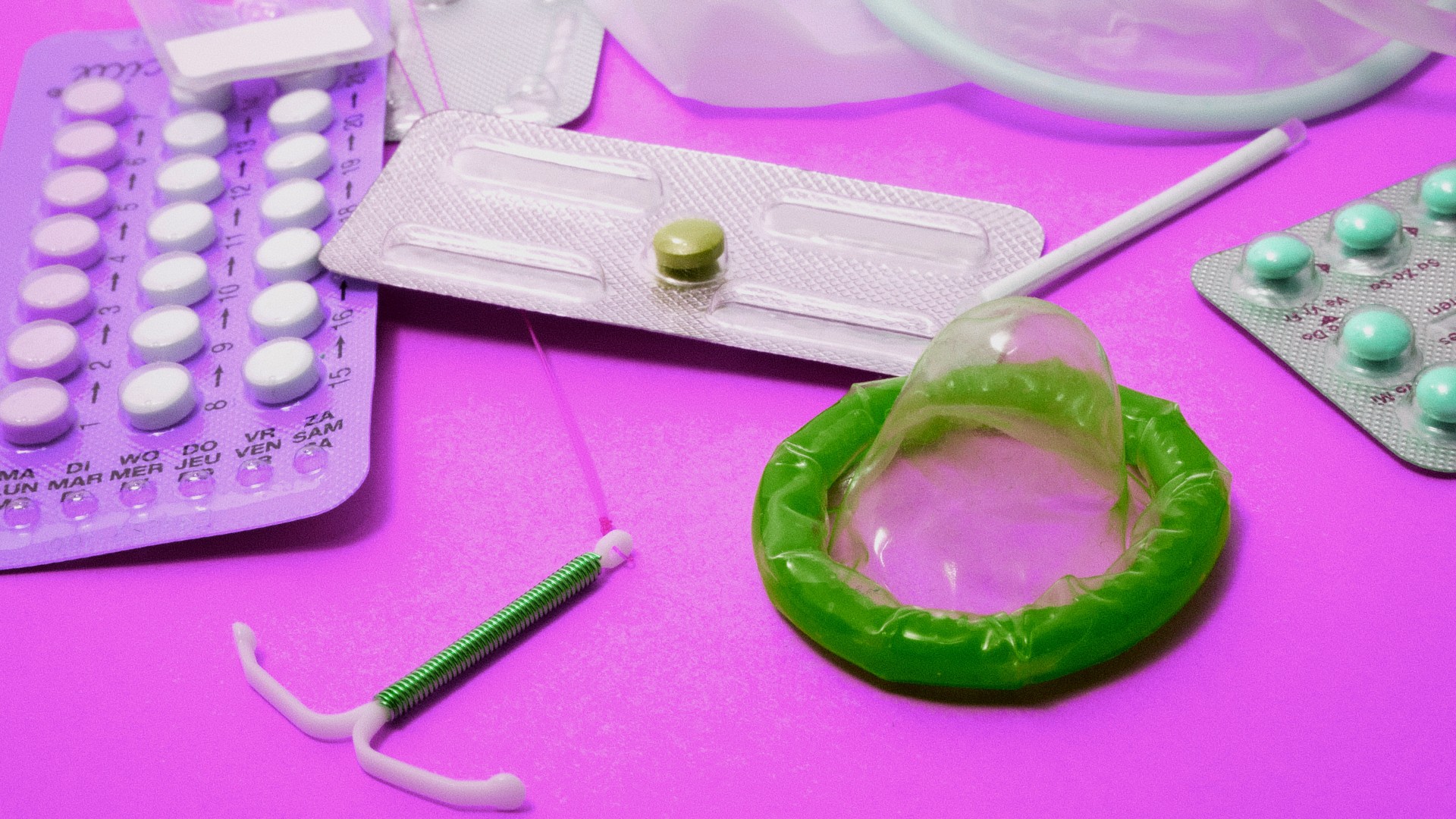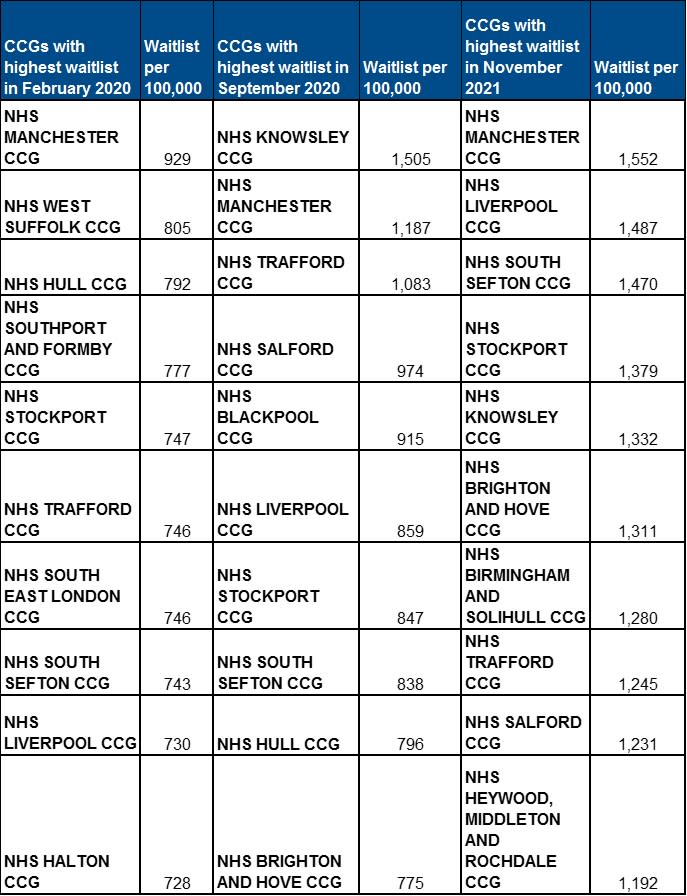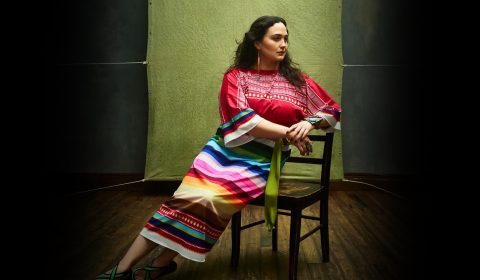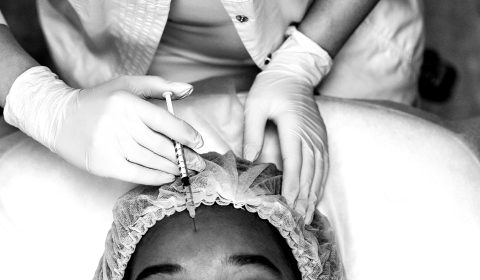Due to increasingly long lead times – which are up 384% since 2020 – more than 570,000 British women are now waiting for referral, diagnosis, and treatment, risking infertility as a result.
In January, I wrote that the UK healthcare system was officially failing women, following a report which revealed the magnitude of the nation’s gender health gap, whereby people with wombs are taken less seriously by medical professionals, particularly in the field of female-specific illnesses.
Three months on, and not only is the problem far worse but due to COVID-19, accessing gynaecology services is now an all but impossible feat.
Today, up a staggering 383% since 2020 – the biggest increase of all medical specialities – more than 570,000 women are waiting over 18 weeks from referral to treatment across the nation.
The number of women waiting at least a year for care in England alone has increased from 66% before the pandemic to nearly 25,000.
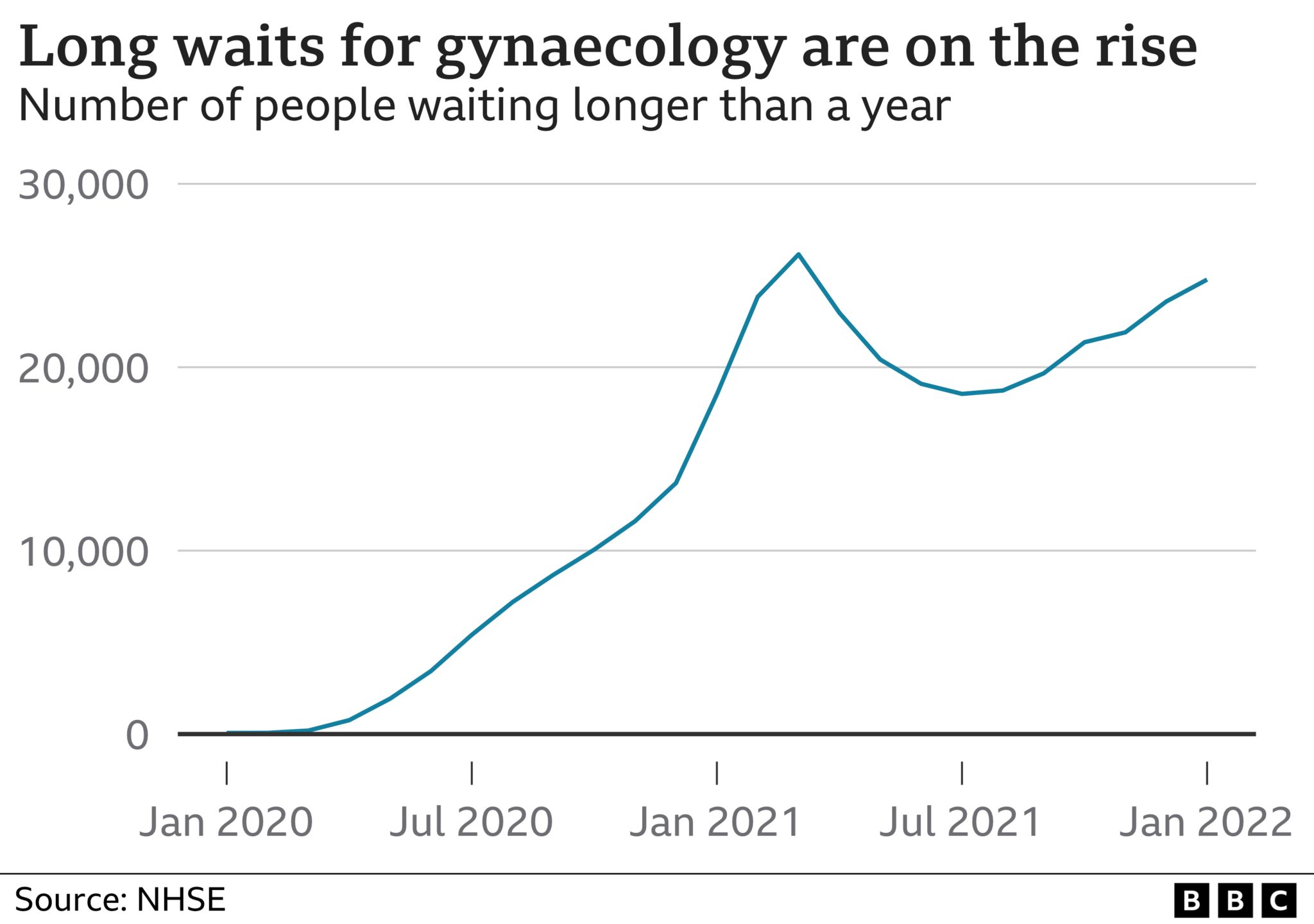
‘It is extremely concerning that half a million women in the UK are waiting for a gynaecology appointment,’ says Janet Lindsay, CEO of Wellbeing of Women.
‘This shows, once again, that women’s health is not prioritised, and gynaecological conditions are not considered as serious or important. Sadly, these long waiting times means that women will continue to suffer.’
For many, this delay could result in infertility. That’s according to the Royal College of Obstetricians and Gynaecologists (RCOG), who have warned that extensive NHS lead times for conditions such as endometriosis, perimenopause, and polycystic ovary syndrome (PCOS) are seriously impacting women’s plans to have children.
‘The NHS is in dire straits, gynaecology is in even direr straits, and urogynaecology is in the worst state of them all,’ they said. ‘Women are consistently deprioritised and overlooked.’

Proving that the issue has reached an evident crisis point, RCOG’s research cites that of the 837 women they surveyed, 80% said their mental health had declined and 75% said their symptoms had become more debilitating.









